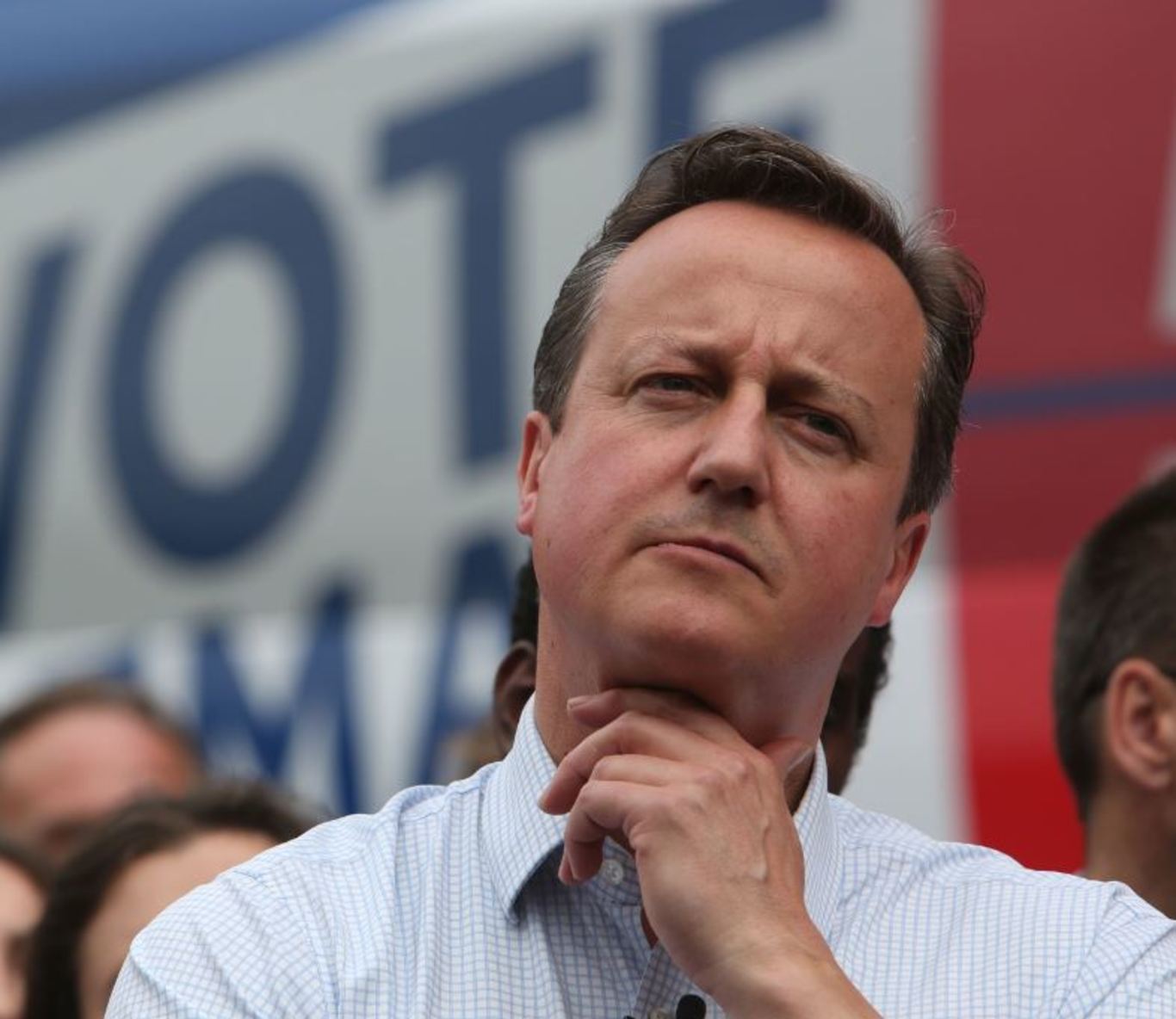Brexit: So what happens now?
The Leave vote, a surprise to many, will trigger a series of events throughout the EU.
AFTER BRITAIN’S LEAVE vote, the next hours, days and weeks will be crucial for the future of the European Union.
Here are the next steps to be taken ahead of Brexit becoming a reality:
Save the markets
With the stability of the global economy at risk, the European Central Bank is widely expected to make a statement to reassure markets.
Top EU officials meet
The EU’s top officials meet in Brussels this morning.
EU President Donald Tusk, European Commission chief Jean-Claude Juncker, European Parliament head Martin Schulz and Dutch prime minister Mark Rutte, whose country holds the six-month EU presidency, are expected to make a statement and address the press at around 10am.
Article 50
The 28 EU leaders – still including British prime minister David Cameron – will meet on 28 and 29 in Brussels to digest and debate the results of the Leave vote.
Cameron may trigger Article 50 of the EU’s Lisbon Treaty, officially notifying EU leaders of Britain’s intention to leave. If he does this, Britain has a two-year window to complete negotiations over the terms of exit, although this period could be extended.
The article notes that any member state “may decide to withdraw from the union in accordance with its own constitutional requirements”.
If Britain wishes to re-enter the EU it must do so under Article 49, meaning this scenario is subject to a unanimous vote of member states.
French and German solutions
Foreign ministers from the EU’s six founding countries – France, Germany, Italy, Belgium, the Netherlands and Luxembourg – are expected to meet tomorrow in Berlin, according to European sources.
French President Francois Hollande will meet with German Chancellor Angela Merkel next week to discuss “European initiatives”.
The Merkel-Hollande meet-up could be the occasion to announce plans for a long-rumoured Franco-German initiative on a better integrated defence and security strategy for Europe.
The leaders are seeking to use the plan to dispel doubts on the EU project unleashed by the British vote campaign.
Brussels acts
On Monday the European Commission’s top officials, who are nominated by the EU’s 28 member states, will begin mapping out the long road to an official Brexit at an extraordinary meeting in Brussels.
MEPs had also called for an extraordinary session of the European Parliament to be held in Brussels on Monday in the case of a Brexit vote.
Enter Slovakia
On 1 July, the Netherlands hands over the EU’s six-month rotating presidency to the relatively inexperienced Slovakia, which now must lead the negotiations towards Brexit.
Britain had been due to take the helm at the end of 2017 but will now give that up.
Legal work
EU civil servants will delay summer holidays to begin the painstaking legal work to bring about Brexit. The official British divorce from Europe would take at least two years.
But EU president Donald Tusk has warned that the whole process of negotiating trade and immigration deals with a non-EU Britain could take seven years in all.
- © AFP 2016 with reporting by Órla Ryan






